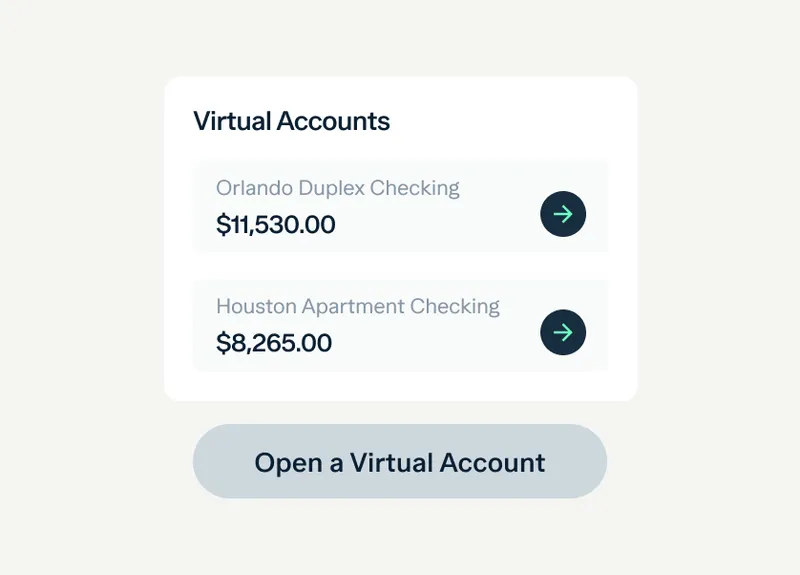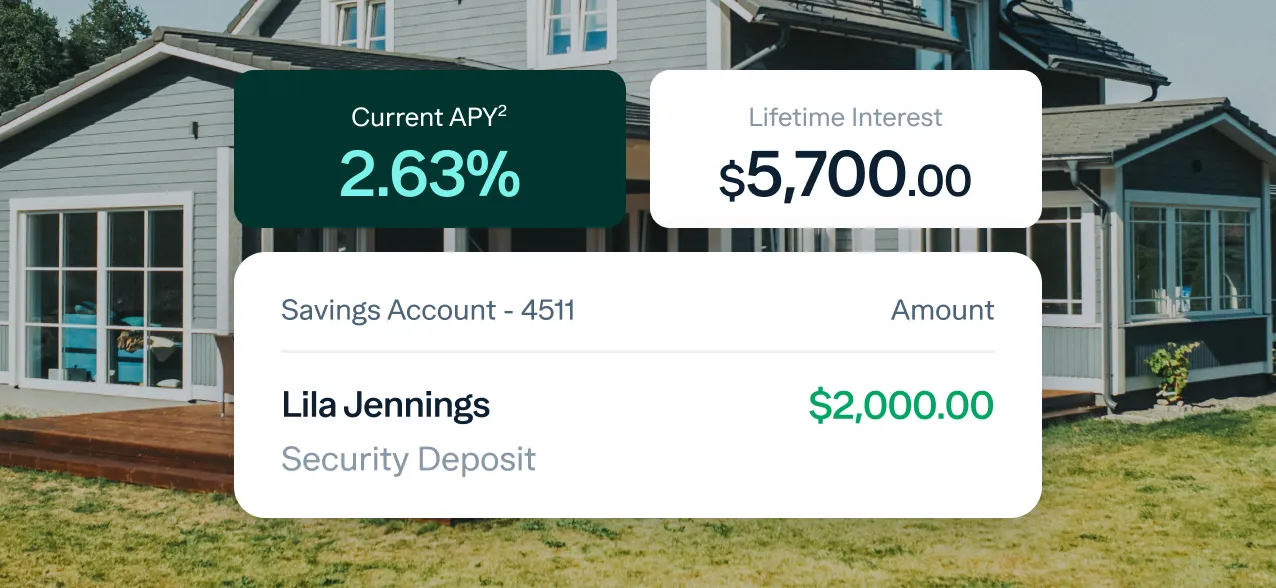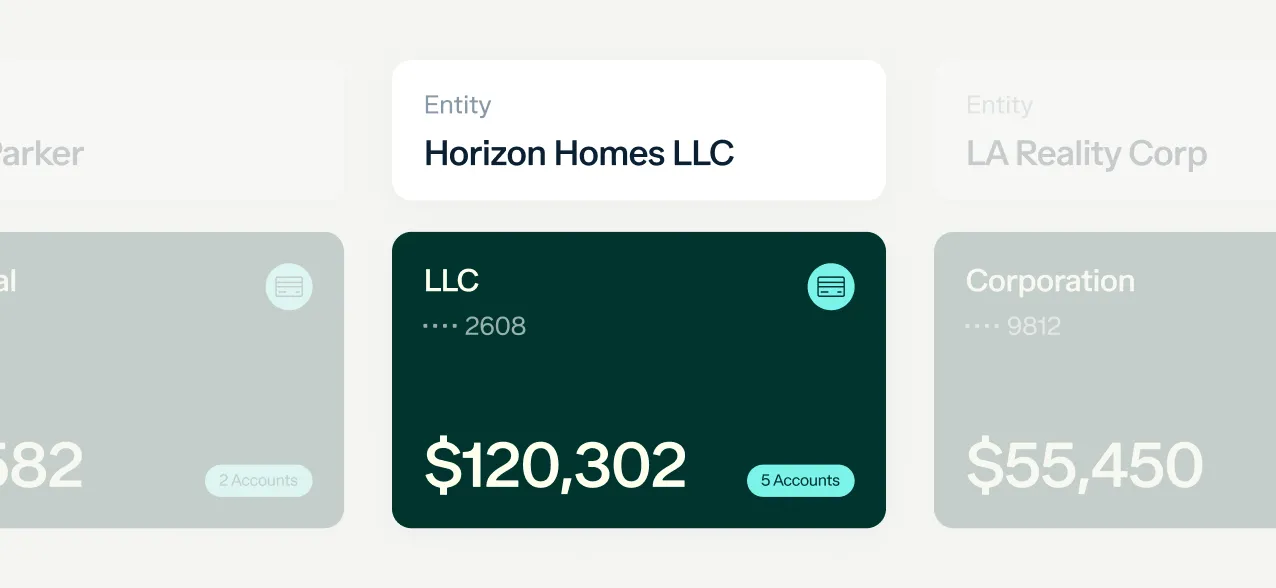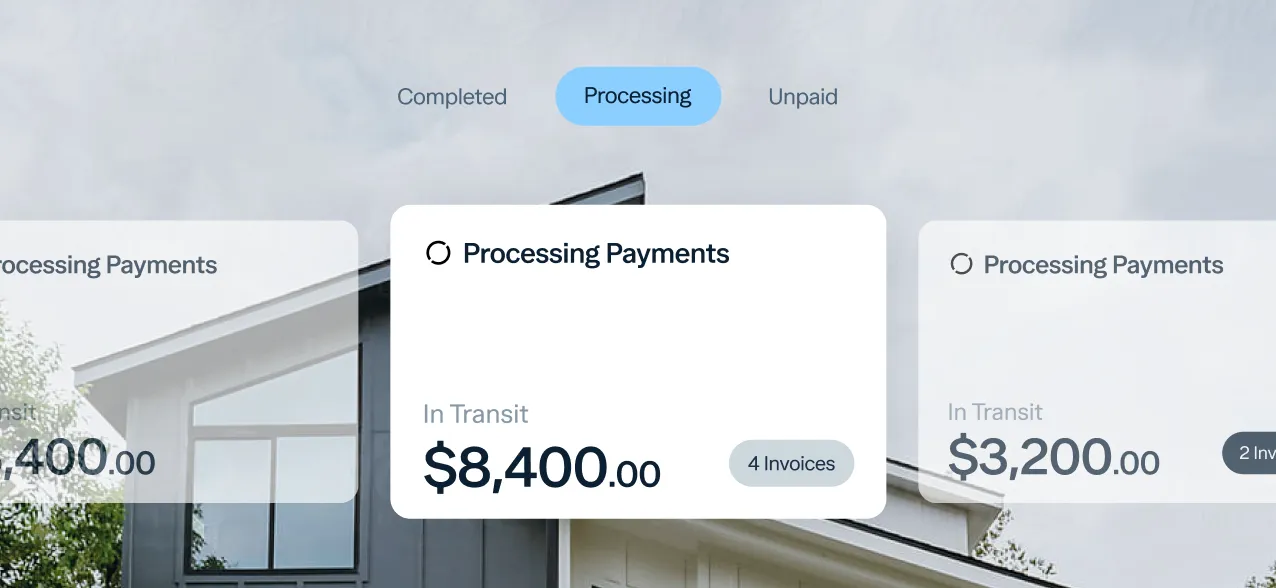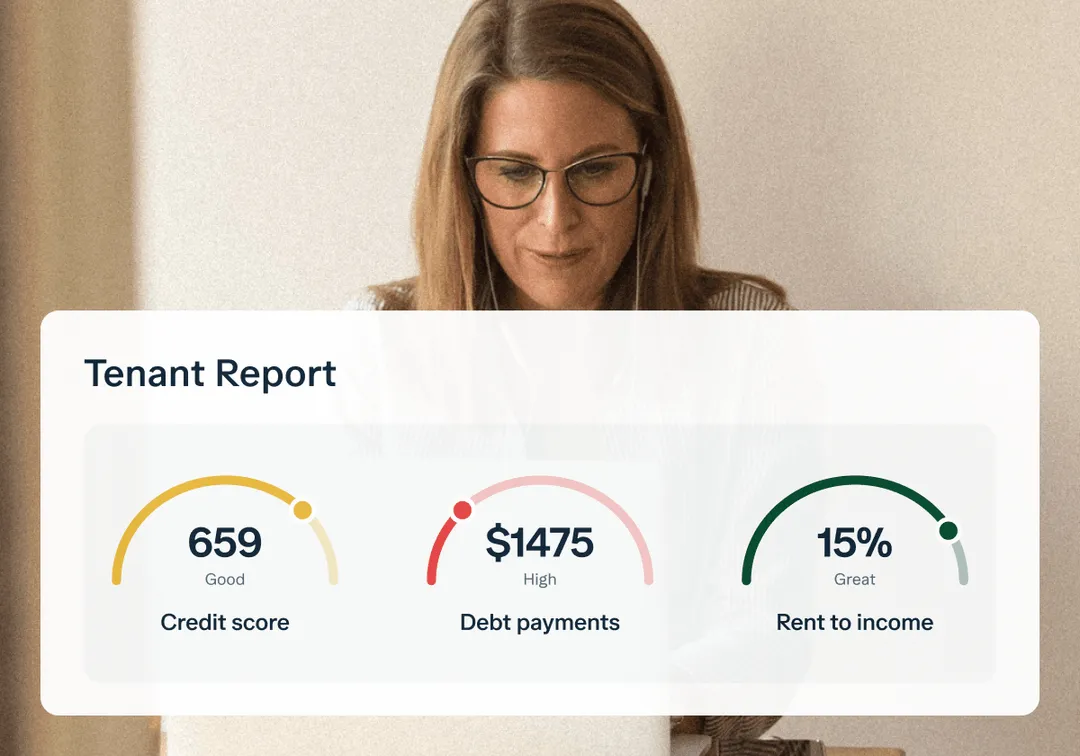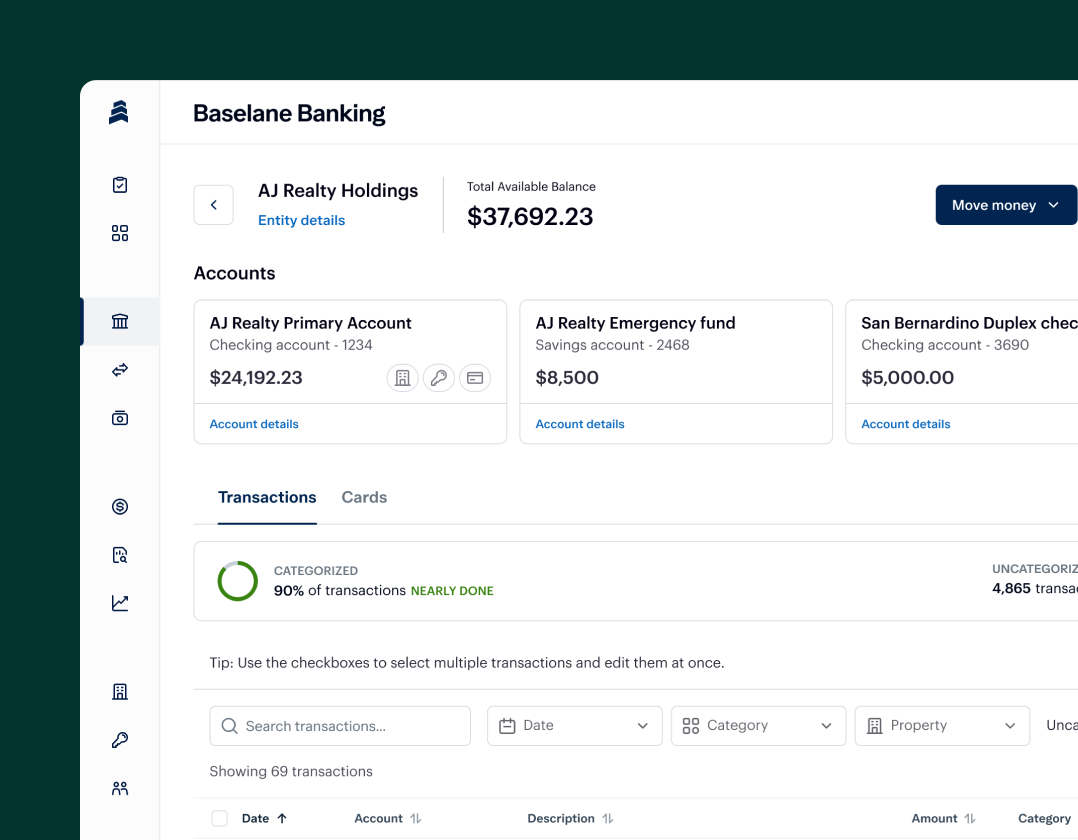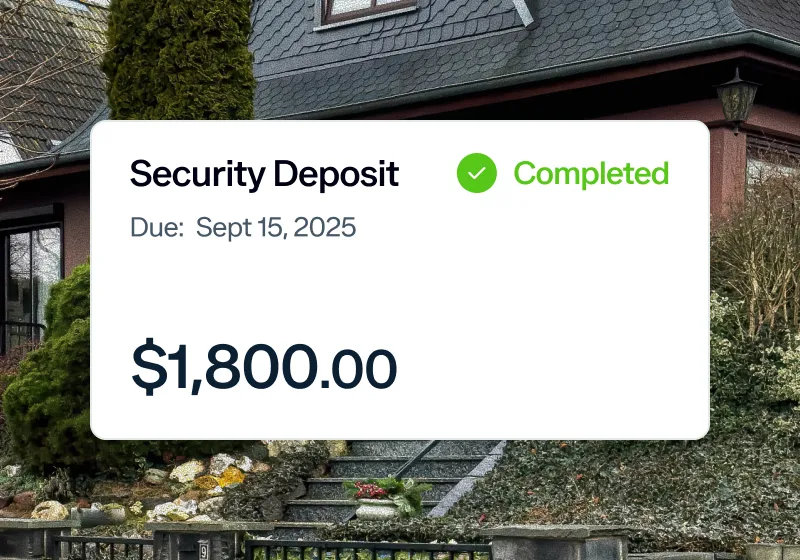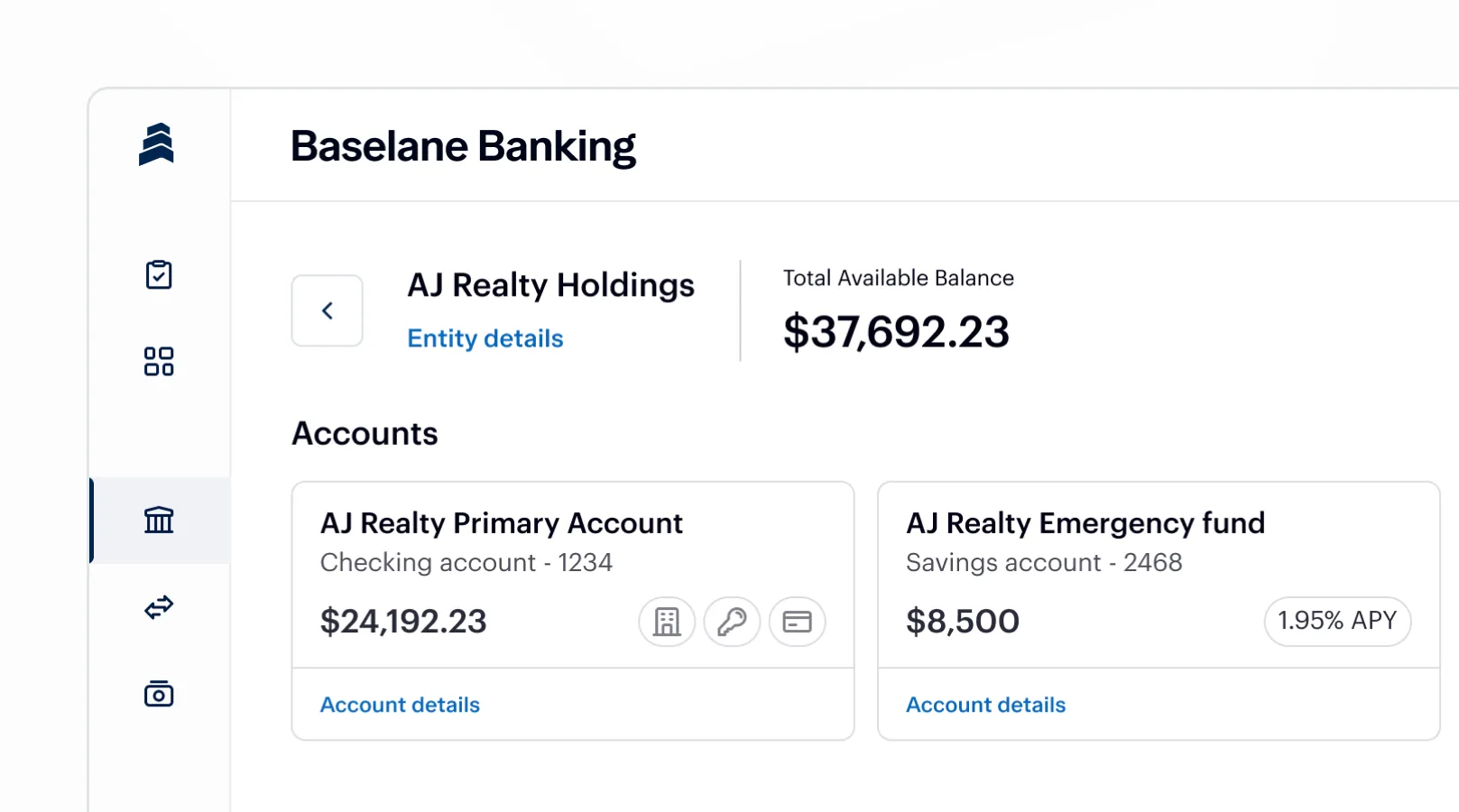In Kansas, the amount of the security deposit you can collect is one month's rent, plus 1/2 month's rent if furnished, and an additional 1/2 month's rent for pets.
Security deposit rules in {{ state }}
Limit: In Kansas, the amount a landlord may charge for a tenant security deposit depends on the type of rental unit. For unfurnished properties, the maximum tenant deposit is one month’s rent. For furnished units, landlords may collect up to one and a half months’ rent. If pets are allowed, an additional pet deposit of up to half a month’s rent may also be collected. The total amount must be clearly stated in the lease agreement and should ideally be held in a dedicated security deposit bank account in Kansas for compliance and financial transparency.
Return Deadline: The landlord must return the tenant security deposit within 30 days after the tenant vacates the rental property and provides a forwarding address. If deductions are made, the landlord must send an itemized written list of all damages and charges within 14 days of determining them, along with the remaining balance. Failure to comply may result in the landlord being liable for damages up to one and a half times the amount wrongfully withheld.
Acceptable Deductions: The tenant security deposit may be applied toward unpaid rent, late fees, damages beyond normal wear and tear, necessary cleaning, or other costs required to restore the property to its original condition. The landlord must provide itemized documentation, such as receipts or estimates, for all deductions taken from the tenant deposit.
Where to Deposit: Kansas law requires landlords to hold tenant deposits in a federally insured financial institution located in the state. While there is no requirement for a separate or interest-bearing account, it is strongly recommended to use a security deposit escrow account in Kansas or a landlord tenant security deposit bank account in Kansas to prevent commingling with personal or business funds. Maintaining clear, auditable records of all tenant deposits helps ensure compliance with state regulations and protects both parties.














